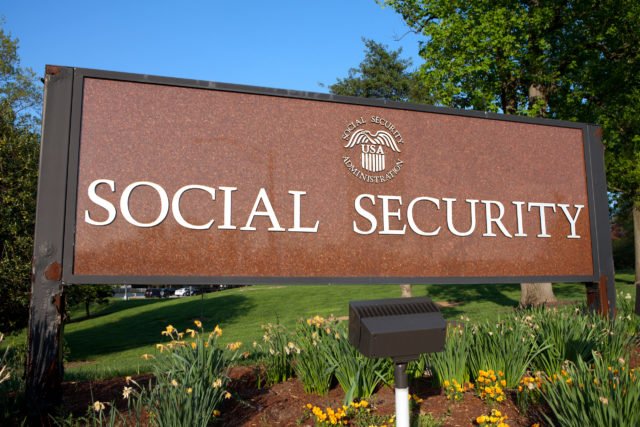
Guardianship and the Representative Payee Program
Abstract
Research suggests that 0.3 percent of all adults have been appointed a legal guardian. While the requirements for being placed into guardianship can vary from state to state, a lack of decision-making capacity is a precondition. As a result, one would expect Social Security beneficiaries who have a guardian to also have their guardian act as a representative payee. Yet little is known about the relationship between guardianship and the Representative Payee Program. In response to a request from the Social Security Administration, this report uses the Survey of Income and Program Participation (SIPP) linked to the Social Security Master Beneficiary File and the Supplemental Security Record to investigate three questions: 1) how many beneficiaries with representative payees have guardians?; 2) how many beneficiaries have their guardian as their payee?; and 3) what are the characteristics of those with both a payee and a guardian. Because the SIPP does not include individuals residing in nursing homes, the project also examines data from the Health and Retirement Study, which does include these individuals.
This paper found that:
- Guardianship is more common among those in the Representative Payee Program than in the population writ large, with between 5 percent to 11 percent of those with a representative payee also having a guardian, depending on the program and dataset considered.
- For those with both a representative payee and a guardian, the guardian serves as the payee the vast majority of the time.
- Individuals with a representative payee are more likely to have a guardian if they are older, white, and are not living with their representative payee.
The policy implications of this paper are:
- While guardianship could lessen the need for representative payees since it provides a protective legal arrangement, few individuals with a representative payee have one.
- As more representative payees are needed with the aging of the Baby Boomers, pre-existing guardians seem unlikely to fill a large portion of the need.








